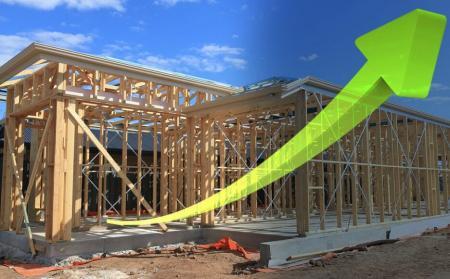THE Australian Government’s housing stimulus package ignores the need for social and affordable housing in favour of helping home buyers and renovators.
The stimulus package offers $25,000 to singles earning up to $125,000 or couples up to $200,000 to build a new home or renovate an existing home if the work costs between $150,000 and $750,000. That excludes doing up a kitchen or a bathroom.
The stimulus package aims to fund 30,000 homes by Christmas to help the construction industry overcome the economic effects of the COVID-19 pandemic. Home building rates have plummeted 23 per cent in March and April. With migration halted and unemployment expected to rise, the home building industry faces tough times.
Despite calls from housing advocates, industry experts and the federal opposition, the government has refused to include the building of affordable and social housing in their housing stimulus package.
Housing advocates have been advocating for the government to include social and affordable housing in its stimulus package. Building more social housing is a better way to support residential construction and would give an immediate boost to the economy by housing the homeless, enabling to get their lives back on track, and by creating construction jobs.
Another issue this stimulus package neglects is creating affordable housing. The National Rental Affordability Scheme (NRAS), which offers affordable rent 20 per cent below market price for thousands of middle-income earners in Australia, is coming to an end for at least 4,400 households this year and next year. Funding for this scheme started to dry up in 2018 and will be progressively cut off to end in 2026, meaning almost 40,000 NRAS properties will no longer be available at a reduced rental rate.
However, the $36 million Together Home project in NSW shows more promise than the federal housing stimulus. It is targeted at people who have experienced rough sleeping. The project aims to secure them homes from the private rental market and provide essential support services to them to make sure they can get back on track.
Together Home will be a partnership between the NSW Government, Community Housing Providers, Specialist Homelessness Services and health services.
Homelessness NSW CEO Katherine McKernan said a housing-first model is critical to providing stability for rough sleepers, and things like case management, drug and alcohol services and mental health support are so important.
